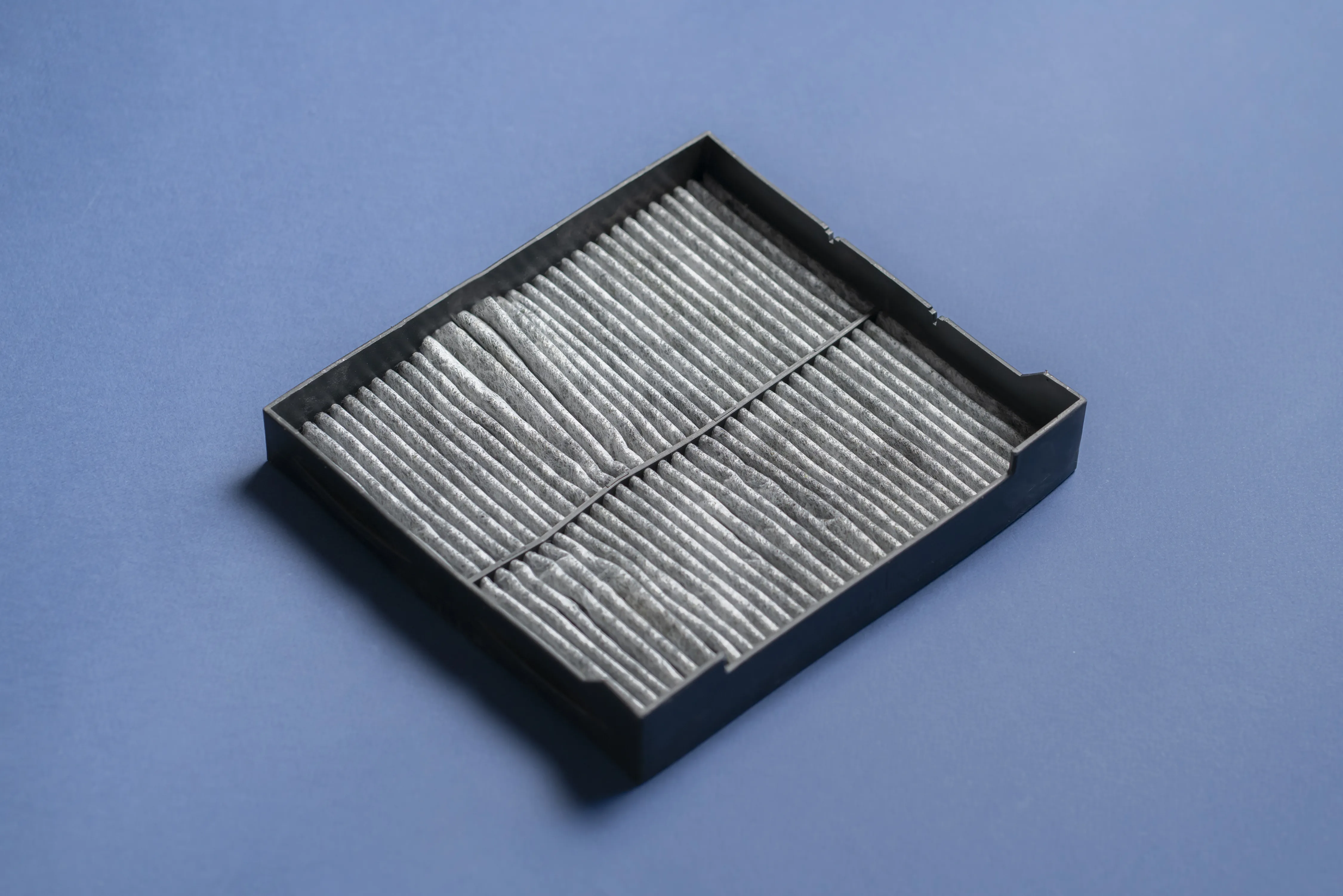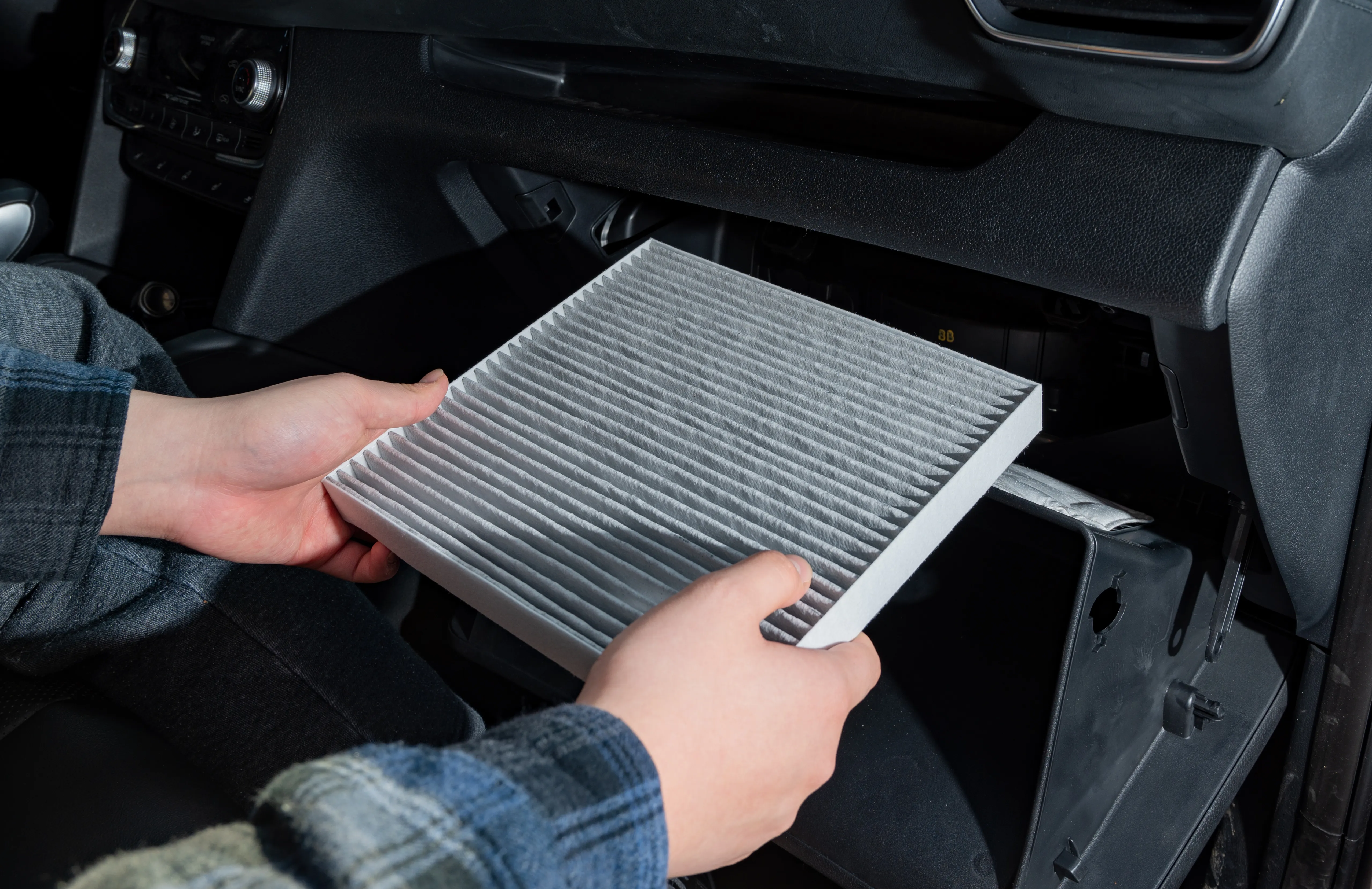The Importance of Cabin Air Filters for Clean In-car Air

Cabin air filters act as a barrier against dust, pollen, pollutants and other airborne particles, preventing them from entering the vehicle's interior through the ventilation system. These filters work similarly to the air filters in our homes, capturing contaminants and providing cleaner air for passengers to breathe.
Signs of a Dirty Cabin Air Filter
Over time, cabin air filters become clogged with debris, reducing their effectiveness. Recognizing signs of a dirty filter is crucial:
- Reduced airflow from the vents
- Unpleasant odours when the air conditioning or heating is on
- Increased allergens or dust particles inside the car
- Fogging on windows even with the climate control system in use
Benefits of Regular Replacement
Regular replacement of cabin air filters is essential for several reasons:
Maintaining air quality: A clean filter ensures that the air circulating inside the car is free from harmful particles, allergens, and pollutants, promoting a healthier environment for passengers, especially for those with allergies or respiratory issues.
Optimal HVAC System Performance: A clean filter allows the heating, ventilation, and air conditioning (HVAC) system to function efficiently, ensuring proper airflow and preventing strain on the system.
Enhanced Driver Focus: Clean air contributes to a comfortable driving experience, reducing distractions caused by odours or poor air quality that might affect driver concentration.
Conclusion
In conclusion, while often neglected, cabin air filters play a crucial role in preserving air quality inside vehicles. Regular replacement, typically recommended every 20,000 kilometres or as per the manufacturer's guidelines, is vital for optimal performance. By prioritising the maintenance of cabin air filters, drivers can ensure a cleaner, healthier, and more pleasant driving environment for themselves and their passengers.





